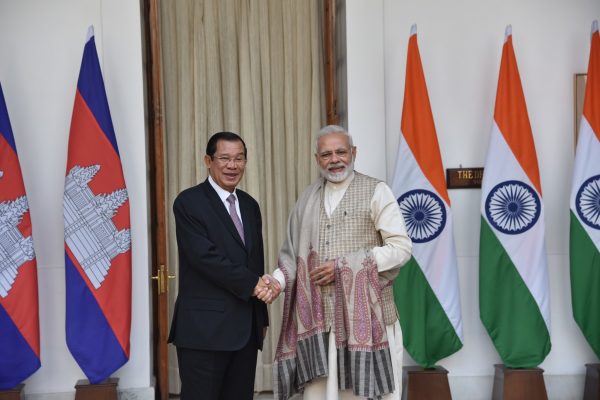Vann Bunna
Today
is November 9, 2050. Cambodian people are proudly and cheerfully celebrating
the 97th anniversary of their country’s Independence Day. Impressively,
Cambodia is now a knowledge-based economy and a developed country with a gross
national income (GNI) per capita of around US$ 12,600, thanks to strong
economic growth and well-functioning democracy for the last few decades.
I am now 56 years old. I am a very proud Cambodian to have witnessed how my country has progressively transformed itself from a lower-middle-income nation in the 2020s to a high-income country in 2050. I have countless great-hearted memories to talk about the Kingdom’s progress; however, given my background in political science, I am strongly motivated to share my perspectives on how impressive Cambodia’s political development in 2050 is.




